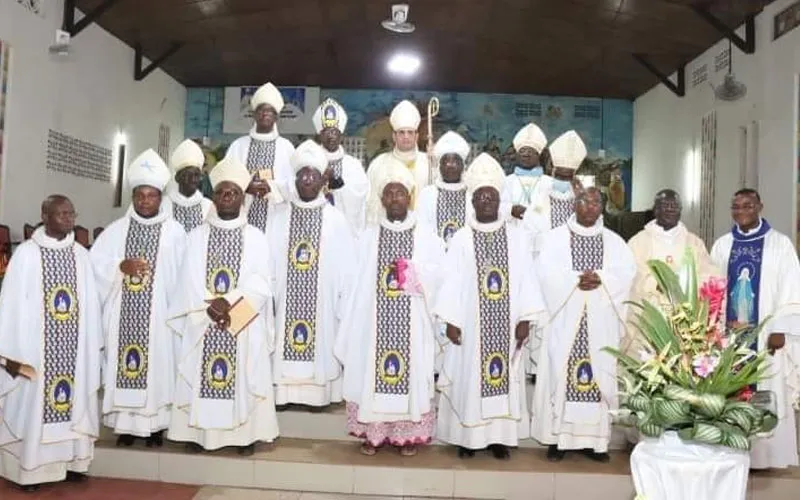“How can it be otherwise, when some schools are surrounded by bars and maquis distilling at full blast and all day long, music in vogue, in a deafening din, while classes take place nearby? What kind of education can be given in such an atmosphere where the presence of smoking rooms in the vicinity of certain schools seriously compromises the training of children and young people in true values?” Catholic Bishops pose.
Against this backdrop, Catholic Bishops in Ivory Coast say the Church has an important role to play in the education of members society.
Making reference to Vatican II’s Declaration on Christian Education, CECCI members say, “To her children, therefore, the Church is bound as Mother to provide the education which will inspire their whole life with the spirit of Christ, and at the same time she offers herself to work with all men for the promotion of the human person in his or her perfection, as well as for the good of earthly society and the building up of an ever more humane world.”
“The collaboration of the Church with all men to promote the human person determines our firm involvement in education. This involvement is reflected in the urgent appeals that we make, inviting us all to make education in Ivory Coast, an engine of integral human formation in the service of a solid and harmonious development of our country,” the Bishops say.
They call on parents to strive “to fulfill your mission as first educators in a climate of peace and affection.”
(Story continues below)
For this education to be successful, the Bishops call for a “permanent communication and dialogue between you parents, with your children, in a family setting where love reigns.”
They call on teachers to cultivate the “virtues and art of living in society, to cultivate courage, friendship, solidarity and mutual aid.”
The Catholic Bishops also appeal to religious leaders to “cooperate intelligently with the State and to do everything possible to keep the denominational schools as a model of ethics and morals.”
“Let us strive to educate our faithful to peace, in the respect of consciences, to preserve them from fanaticism and religious extremism, scourges which risk endangering the perception of religion and the traditional African tolerance.,’ CECCI members say.
They add. “Let us be enlightened guides of those entrusted to us, especially the most vulnerable. Let your life be consistent with the education we provide.”
“May God, in his great goodness, help us to find meaning and value in our lives. May his Love lead us always to find new ways of educating people,” Catholic Bishops in Ivory Coast implore in their January 30 collective statement.
Jude Atemanke is a Cameroonian journalist with a passion for Catholic Church communication. He holds a Bachelor’s Degree in Journalism and Mass Communication from the University of Buea in Cameroon. Currently, Jude serves as a journalist for ACI Africa.








